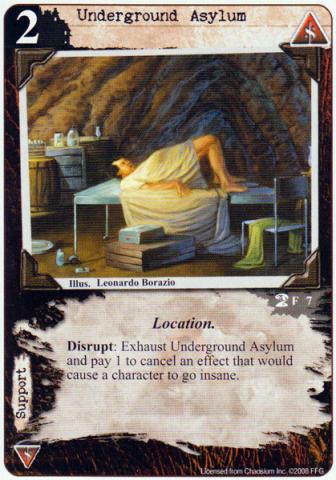1. Can I sacrifice Failed Initiate to Initiation. Failed Iniative says Forced Response: After an event card is played , sacrifice Failed Initiate. Is there time frame to use Initiation action before Failed Initiate gets sacrificed? I guess it should work because Initiation action is resolved completely before Responses kicks in.
2. Performance Artist says Disrupt: Sacrifice Performance Artist to cancel the effects of a character or support card ability. Rulebook says "ability is any triggered effect caused by a card already in play." Can I use Performance Artist to cancel Museum Curator comes into play Response?
3. What happens if Things in the Ground puts Unique character in play you already have in play. I guess it just gets discarded because it can't enter play.




